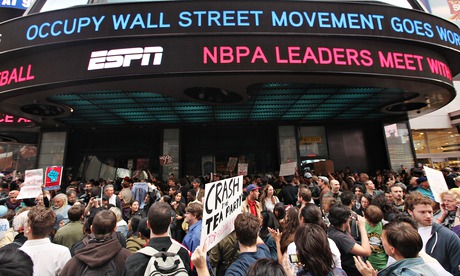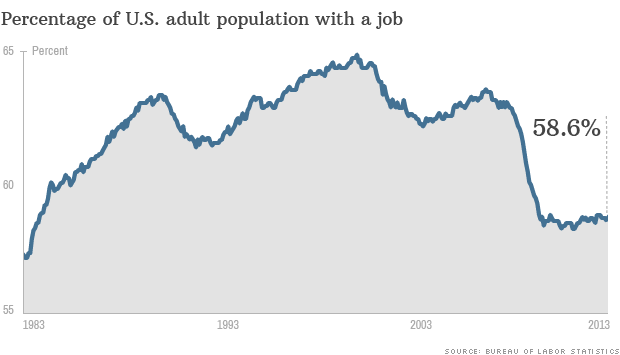Sunday, July 06, 2014
identity, not ideology, is moving the world's bowels...,
By
CNu
at
July 06, 2014
0
comments
![]()
Labels: killer-ape , Race and Ethnicity , What IT DO Shawty...
catholic church institutionally complicit in much of the southern border suffering...,
By
CNu
at
July 06, 2014
0
comments
![]()
Labels: the wattles , theoconservatism , What IT DO Shawty...
Saturday, July 05, 2014
brookings tells its failed symbolic experiment to "wrap that isht up"!
By
CNu
at
July 05, 2014
9
comments
![]()
Labels: 2parties1ideology , Obamamandian Imperative
we have hit peak america...,
By
CNu
at
July 05, 2014
0
comments
![]()
Labels: American Original , you used to be the man
Friday, July 04, 2014
good, phukkem, and I hope he burns in hell...,
By
CNu
at
July 04, 2014
0
comments
![]()
Labels: you used to be the man
Thursday, July 03, 2014
my red beards gestalt: divine right of a jewish state, bet not be no caliphate...,
By
CNu
at
July 03, 2014
4
comments
![]()
Labels: Great Filters , the wattles
onward, to rome!
"This is my advice to you. If you hold to it you will conquer Rome and own the world, if Allah wills."
Having claimed the title of "caliph", Baghdadi appealed to "judges and those who have military and managerial and service skills, and doctors and engineers in all fields."
By
CNu
at
July 03, 2014
1 comments
![]()
Labels: What Now?
abu omar al-shishani
By
CNu
at
July 03, 2014
0
comments
![]()
Labels: agency , hustle-hard , individual sovereignty
Wednesday, July 02, 2014
too good to stay in the comments: capitalism is a system by which the past DEVOURS the future
By
CNu
at
July 02, 2014
3
comments
![]()
Labels: as above-so below , cull-tech , Great Filters
wrecked RECD (really existing capitalist democracy)
By
CNu
at
July 02, 2014
0
comments
![]()
Labels: American Original , dopamine , hegemony , Livestock Management , parasitic , What IT DO Shawty...
capitalist industrial civilization = M.A.D
By
CNu
at
July 02, 2014
0
comments
![]()
Labels: Great Filters
Tuesday, July 01, 2014
pitchforks and plutocrats around that signpost up ahead...,
By
CNu
at
July 01, 2014
6
comments
![]()
Labels: common sense , global system of 1% supremacy , What Now?
capitalists spread prosperity only when threatened by global rivalry, radical movements and the risk of uprisings at home
By
CNu
at
July 01, 2014
0
comments
![]()
Labels: global system of 1% supremacy , What IT DO Shawty...
charlatans, cranks, and kansas...,
By
CNu
at
July 01, 2014
0
comments
![]()
Labels: Ass Clownery , global system of 1% supremacy , What IT DO Shawty...
unemployment problem is bigger than nyc and la combined...,
By
CNu
at
July 01, 2014
1 comments
![]()
Labels: Collapse Casualties , contraction , What IT DO Shawty...
Monday, June 30, 2014
neurohermeneutics: why does the brain toy with the puzzlebox in the first place?
By
CNu
at
June 30, 2014
11
comments
![]()
Labels: as above-so below , neuromancy , tactical evolution , What Now?
neurotheology: what happens to the brain during "spiritual" experiences?
By
CNu
at
June 30, 2014
0
comments
![]()
Labels: ethology , neuromancy , What IT DO Shawty...
what "god" does to your brain...,
When people speak in tongues, they’re gone, they’re in a completely altered state. But most of the time they’re normal people like us
By
CNu
at
June 30, 2014
5
comments
![]()
Labels: ethology , neuromancy , What IT DO Shawty...
how the brain "reboots" itself to consciousness after anaesthesia
By
CNu
at
June 30, 2014
0
comments
![]()
Labels: What IT DO Shawty...
Sunday, June 29, 2014
the dopamine hypothesis...,
By
CNu
at
June 29, 2014
0
comments
![]()
Labels: cognitive infiltration , dopamine , psychopathocracy , What IT DO Shawty...
Have You Ever Heard Of An Innocent Person Getting A Pre-emptive Pardon?
December, 2020. Joy Reid: Have you ever heard of somebody getting a preemptive pardon who is an innocent person? Adam Schiff: No. Today Adam...
-
theatlantic | The Ku Klux Klan, Ronald Reagan, and, for most of its history, the NRA all worked to control guns. The Founding Fathers...
-
Video - John Marco Allegro in an interview with Van Kooten & De Bie. TSMATC | Describing the growth of the mushroom ( boletos), P...
-
dailybeast | Of all the problems in America today, none is both as obvious and as overlooked as the colossal human catastrophe that is our...







